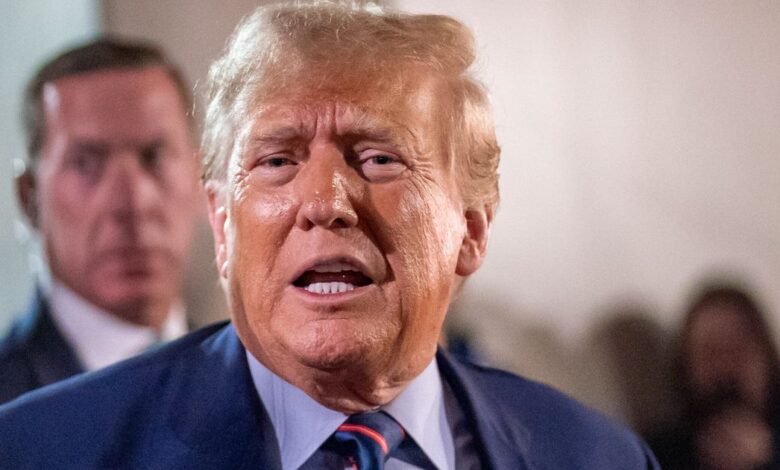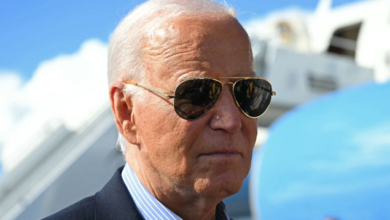Trump Claims Wealth Exempts Him from Posting Bond in Defamation Case with Carroll

In a recent development that has captured widespread attention, former President Donald Trump has asserted that his substantial wealth should exempt him from the requirement to post bond in the defamation lawsuit brought against him by E. Jean Carroll. This case has ignited discussions on legal precedents, the obligations of high-net-worth individuals in legal disputes, and the broader implications for the justice system.
E. Jean Carroll, a former magazine columnist, filed a defamation lawsuit against Trump, alleging he defamed her when he denied her claims of sexual assault. In response to the legal proceedings, Trump’s assertion challenges conventional legal practices, which typically require defendants to post bond as a form of financial security to ensure they will comply with potential judgments.
Trump’s stance raises questions about the influence of financial status on legal responsibilities and the principle of equal treatment under the law. Critics argue that allowing wealth to exempt individuals from standard legal requirements could set a concerning precedent, potentially undermining the fairness and integrity of the judicial process.
Legal experts are scrutinizing this argument, noting that the court’s decision on this matter could have significant implications. It touches upon the broader themes of accountability, the role of wealth in the legal system, and the equitable application of legal standards, regardless of an individual’s financial standing.
Supporters of Trump may view his assertion as a demonstration of confidence in his legal position, while opponents see it as an attempt to leverage his wealth to gain an advantage in the lawsuit. This debate underscores the complexities and nuances of high-profile legal battles, where the implications extend beyond the immediate parties involved and spark wider conversations about justice, privilege, and the rule of law.
As the case progresses, all eyes will be on how the court addresses Trump’s unconventional request and the precedent it could set for future legal proceedings involving wealthy defendants. The outcome may influence public perceptions of the legal system’s ability to administer justice impartially, regardless of an individual’s financial resources.





